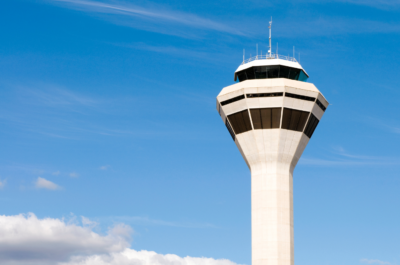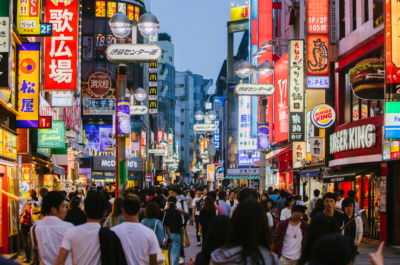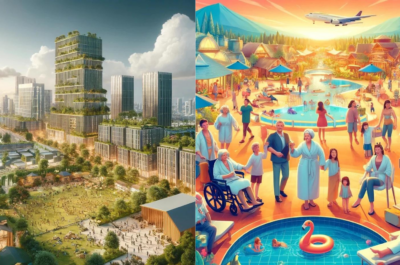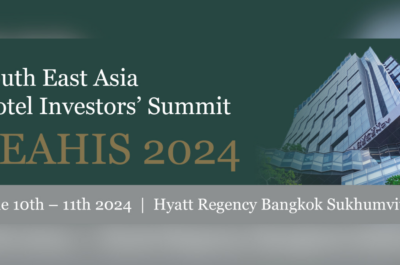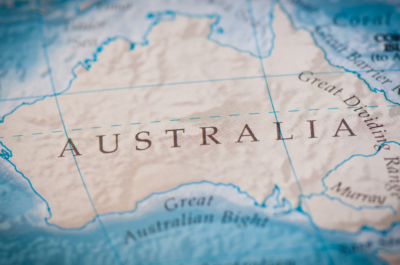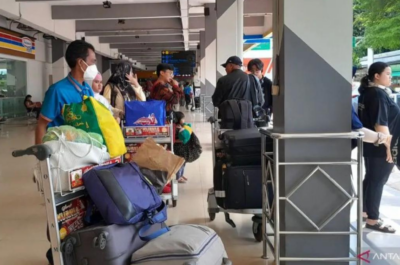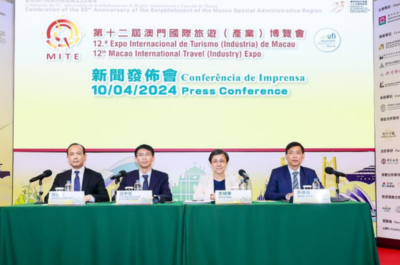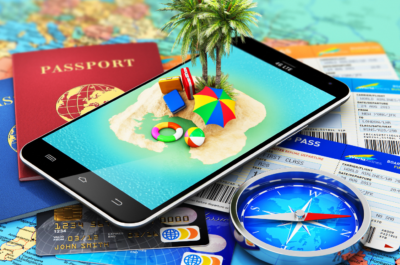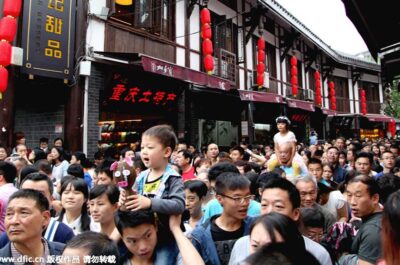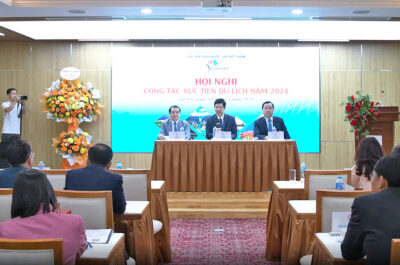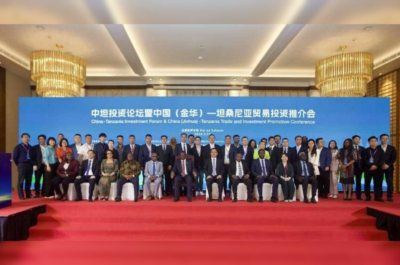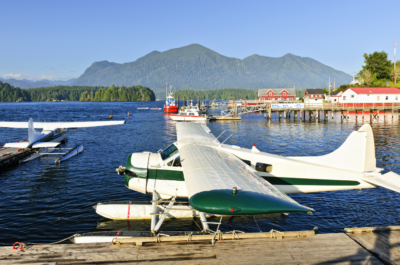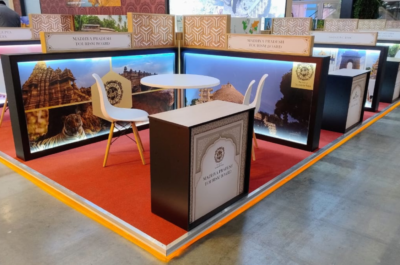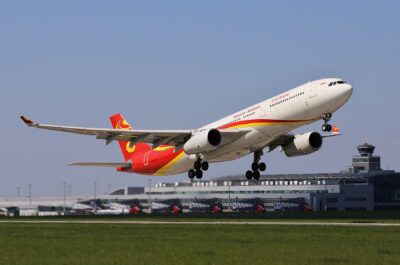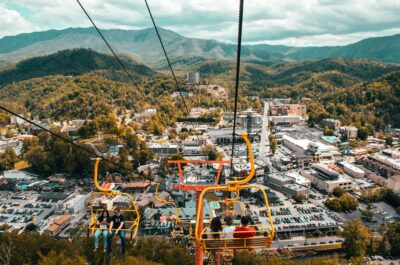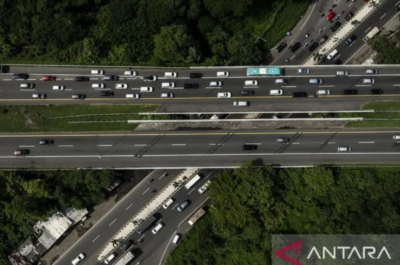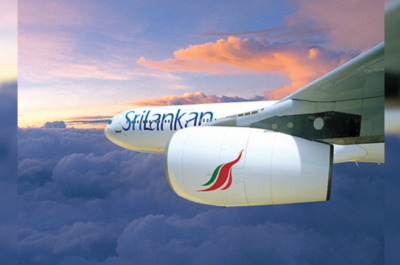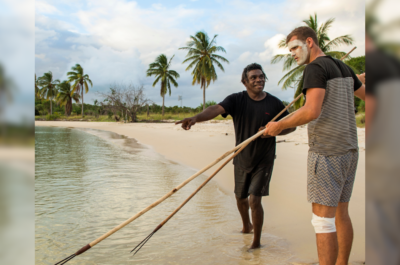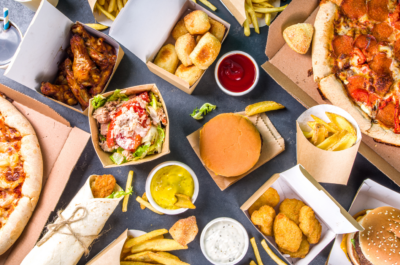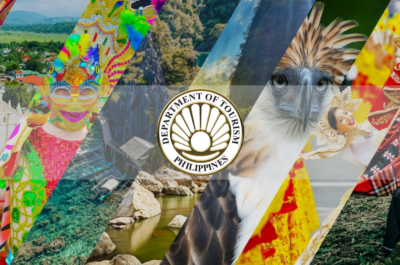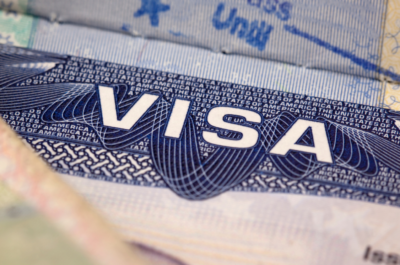Events like the pandemic – incredibly rare and unpredictable, with the power to change the course of world history – are known as “black swan” events.
Tourism around the world is reeling from the impact of the COVID-19 pandemic, and Hong Kong’s once vibrant industry is no exception. The path to recovery is unclear. In such extreme circumstances, is it even possible for tourism businesses to plan for the future? The answer is yes, say Ms Hanyuan Zhang and Professor Haiyan Song of the School of Hotel and Tourism Management (SHTM) at The Hong Kong Polytechnic University – but only if we can predict the unpredictable. In a study offering new hope for an industry on its knees, they and two researchers developed a pioneering method of forecasting tourism demand in times of crisis. Crisis brings opportunities as well as challenges. Thanks to this game-changing new forecasting approach, the tourism industry may even emerge from the pandemic stronger than before.
In 2020, the outbreak of COVID-19 spelled disaster for societies worldwide, leaving no industry untouched. With travel bans and lockdown measures rapidly implemented across continents, tourism received a crushing blow. In Hong Kong, COVID-19 hit an industry already weakened by recent social unrest. Within just a few months, the number of visitors arriving in the city had fallen by more than 80%. Travellers’ confidence in Hong Kong as a destination was at an all-time low.
Events like the pandemic – incredibly rare and unpredictable, with the power to change the course of world history – are known as “black swan” events. The tourism industry is no stranger to their devastating effects. “Despite its importance,” the researchers warn, “tourism is also one of the most vulnerable industries”. In recent decades, for example, Hong Kong tourism has suffered major losses due to black swan events such as financial crises and the SARS epidemic.
Because they are so rare, black swan events are almost impossible to prepare for. Recovery is equally challenging, because what lies ahead is so unpredictable. This is a serious problem for the tourism industry, the researchers tell us, because “tourism businesses and organisations rely on recovery forecasting when preparing their crisis recovery plans”. Most importantly, they need to know how and when travellers are likely to return.
Normally, organisations facing difficulties look to the past for guidance. They use forecasts generated by traditional approaches, which are based on historical data, to inform their decisions on everything from budgeting to sales. However, old roadmaps are of little use in a landscape transformed by crisis. “Statistical methodologies,” the researchers warn, “cannot capture the impacts of sudden unanticipated events, such as diseases, disasters, or other crises.”
In such cases, the human touch is needed. Working quickly to assess the fast-moving situation, a panel of experts use their wisdom and discretion to adjust statistical forecasts. This is known as judgemental forecasting. However, this method also has drawbacks. For example, the researchers note, “it might be biased by the panel members’ optimism or pessimism”.
Clearly, in the wake of black swan events like the pandemic, traditional methods of forecasting are simply not good enough. In these uniquely turbulent times, the researchers realised, what the tourism industry needs is “a more systematic and reliable forecasting method that incorporates the advantages of existing forecasting methods”.
Faced with this challenge, the researchers offered a ground-breaking solution. “We describe the first attempt to combine three methods”, they explain, “to generate ex ante forecasts of the recovery of tourism demand in response to the unanticipated effects of crises”. Their novel “belt and braces” approach not only combines the strengths of statistical and judgemental forecasting but also minimises sources of human bias, such as wishful thinking.
Focusing on Hong Kong, the researchers first created baseline statistical forecasts based on past data: how many tourists would have arrived if the pandemic had not happened? They took into account the cost of holidaying in Hong Kong, the cost of travelling to alternative destinations, the income levels of tourists from different source markets, and other unique characteristics of these source markets.
Next, the researchers presented their baseline forecasts to a carefully selected panel of tourism experts, including both academics and practitioners. The experts were invited to adjust the researchers’ statistical forecasts based on their first-hand knowledge of the COVID-19 pandemic. Focusing on three scenarios, mild, medium and severe, they indicated when they thought Hong Kong’s tourist numbers would reach their lowest point, when visitor arrivals would recover, and why.
Shining a light on the path ahead for Hong Kong tourism, the researchers’ analysis revealed that the industry “will likely begin to recover gradually from the crisis in 2022”. Using their novel forecasting approach, “the specific recovery speed associated with each origin market could be projected”. Nearby markets such as Macau, mainland China, and Taiwan will be the first to bounce back, once Hong Kong’s entry and exit restrictions are relaxed. Other short-haul markets in Asia will follow, and finally, Hong Kong will welcome back travellers from long-haul markets such as the US.
“From a crisis management perspective”, say the researchers, “this study provides several suggestions for business planners and policymakers regarding the recovery of tourism demand after a crisis”. Due to the uncertainty and volatility created by COVID-19, caution is needed. “Tourism recovery should involve a gradual process based on a phased-action plan aimed at corresponding markets”, the researchers explain.
Offering discounts on airline tickets and accommodation will be a good start. With travellers’ confidence in Hong Kong already dented by social unrest, destination marketers should invest in promoting the city’s attractions via social media. For now, they should focus on short-haul visitors, who represent Hong Kong’s largest market. Above all, the researchers advise, “timely and effective crisis management strategies” will help build resilience to future black swan events.
With crisis comes change. Although COVID-19 has dealt an unprecedented blow to the tourism industry, the authors remind us, “it has also provided practitioners with opportunities to consider tourism reform and innovation, international cooperation, and regional communication”. With the help of the researchers’ novel forecasting approach, tourism businesses will be well placed to identify and seize these opportunities in the months and years ahead.
Already, say the researchers, policymakers worldwide are finding new and exciting ways to rebuild and reimagine tourism. They are “promoting smart and digital tourism, rebuilding confidence in tourist sectors, providing financial support and stimulating consumption markets”. Unprecedented times call for creative new measures, and the researchers’ innovative forecasting method will be at the heart of these efforts. Fortunately, they note, “tourists have a strong desire to travel to relieve the depression associated with epidemic fatigue”.
Recovery does not mean going back to how things were. As the world inches out of crisis, it is becoming clear that COVID-19 has changed our lives for good. Thanks to this ground-breaking study, Hong Kong’s tourism industry now has the toolset it needs to predict, understand, and adapt to future changes in travellers’ behaviour. But Hong Kong will not be the only beneficiary. “The method proposed in this study”, the researchers explain, “could be generalized and used to forecast the recovery of travel demand at other destinations facing major crises”. As their integrated approach shows, collaboration – between humans and computers, scholars and practitioners – will be key to helping the global tourism industry survive and thrive in the post-pandemic world. With its outstanding researchers and deep links to local and global tourism, the SHTM is perfectly placed to lead this recovery.
Hanyuan Zhang, Haiyan Song, Long Wen and Chang Liu (2021). Forecasting Tourism Recovery amid COVID-19. Annals of Tourism Research, Vol. 87, 103149.
Theodore is the Co-Founder and Managing Editor of TravelDailyNews Media Network; his responsibilities include business development and planning for TravelDailyNews long-term opportunities.































